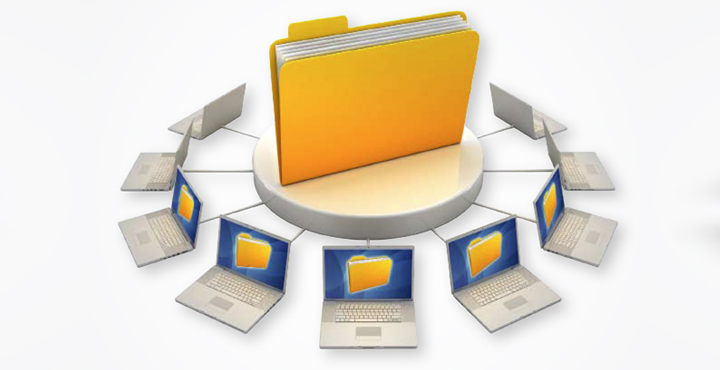
Virtual data rooms simplify mergers, acquisitions, and divestitures
In a recent blog post, we shared several important questions to ask before a merger or acquisition.
This week we offer even more assistance with mergers, acquisitions and divestitures, highlighting the growing and invaluable role that virtual data rooms play in complex corporate transactions.
Getting the right information at the right time
The success of a major corporate deal depends a great deal on the quality, timeliness and completeness of the records involved.
This is no surprise, since information plays a key role at all stages of a corporate transaction, from the initial discovery process to the due diligence phase, and then in the eventual divestment or acquisition itself.
The traditional solution to this need has been to create a paper-based data room. In these temporary centers, required documentation is assembled and then made available to various stakeholders in the deal.
Unfortunately, physical data rooms have several drawbacks. First, they tend to be a bottleneck in the transaction process. It can take weeks or months to photocopy and assemble the requested information. When information is requested, it can also take a fair bit of time to retrieve and deliver the documents. Physical data rooms are also risky. Physically retrieving and transferring documents introduces the risk of security breaches and lost or misplaced files.
At best, these factors slow the transaction process; at worst, they have the potential to derail the deal entirely.
Best practices for virtual data rooms
To avoid these challenges, organizations are increasingly turning to virtual, or electronic, data rooms. By organizing critical information into a virtual file room, buyers and sellers have streamlined access to all the information they require, when they need it.
In order to achieve the benefits of an virtual data room, there are several considerations to keep in mind:
- A virtual data room is not just a place to scan paper documents and deliver them as PDFs. The goal is to create a highly usable and searchable database of information.
- In order to do this, it helps to use electronic records management software (RMS) as the underlying engine of the virtual file room. The RMS solution acts as the secure access point for stakeholders requiring access to files.
- Metadata and optical character recognition (OCR) are essential. Metadata and OCR work together to help the RMS “understand” the contents of each scanned document. In conjunction with your RMS system, metadata and OCR give stakeholders powerful and flexible options to find the information they require.
- Apply basic records management best practices. In many cases, the scanned information will have value long after the deal is closed, so it is important that electronic copies are dealt with correctly from the beginning. This means applying records classification and retention scheduling to all scanned documents.
The benefits of virtual data rooms go far beyond easy access to information.
Throughout the deal, they help you identify information gaps, mitigate risk, and simplify the process of assimilating documents.
Next Steps





